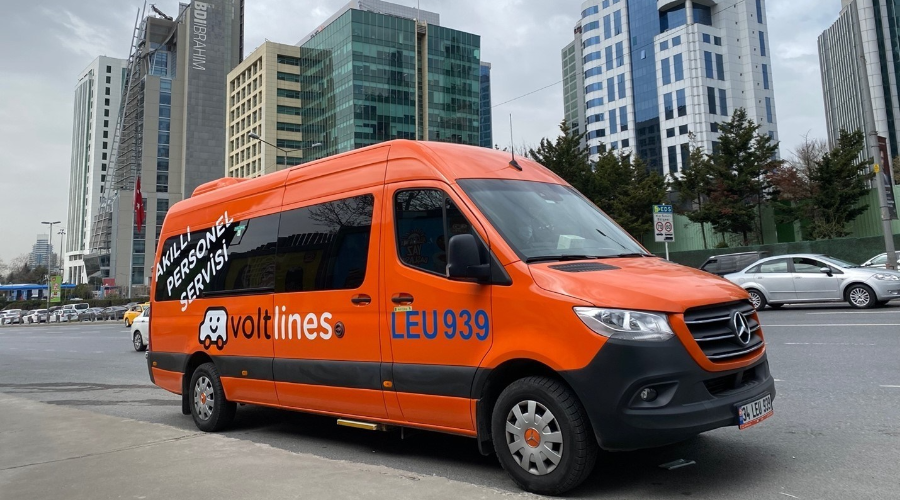Why SWVL's acquisition of Volt Lines came to a halt

In 2018, Lebanese entrepreneur Ali Halabi founded Volt Lines, a Turkey-based mobility startup targeting the corporate segment, enabling smoother intercity movement of employees across the country. When the Covid-19 crisis reached the country, the startup endured a couple of tough years as a result of the imposed lockdowns and work from home initiatives. In 2022, the demand picked up once again as corporations increasingly were looking for a smart reservation solution to help organise the movement of employees working on flexible or hybrid schedules.
From there, the Turkish startup was on the radar of Dubai-headquartered and Nasdaq-listed mobility company SWVL, at a time when SWVL itself started to shift its focus to the B2B mobility segment to make up for the losses it incurred in the consumer category in its core market of Egypt.
In April 2022, shortly after its IPO listing via a special purpose acquisition company (SPAC), SWVL announced that it would acquire Volt Lines for $40 million, as part of its international expansion strategy.
"Our objective of dominating the $2 billion Turkish market was aligned well with their SPAC; thus we reached a great deal with SWVL in March that allowed Volt Lines to achieve market leadership in Turkey. We then signed the SPA in April, and the deal closed in May," says Halabi.
A rocky exit
In December 2022, SWVL unwound its takeover of Volt Lines, in the latest example of the company’s broader cost reduction effort following large-scale layoffs. The cancellation of the transaction was effective this year as of 6 January.
The decision was largely made as a result of the company's falling stock price and its subsequent financial constraints.
"SWVL's current market cap sits below the acquisition price of Volt Lines. This shows how this deal was unsustainable for SWVL to follow through on," Halabi explains. "It was fairly unmerged; Volt Lines was still operating as a semi-autonomous [company] under a Dutch entity; it was easy to carve it from the SWVL organisation."
SWVL’s move to revoke the transaction came a few days before the company received its second delisting warning from Nasdaq for failure to meet the minimum share price of $1, with investors pulling back as the company's stock price entered a spiral of decline.
In a press release, SWVL said that it has been granted a grace period of 180 days until next July to maintain the minimum closing bid of $1 per share. To be completely out of the woods, its minimum market capitalisation has to be worth $50 million for 10 consecutive days.
In August, SWVL also backtracked on its $100 million acquisition of UK-based Zeelo.
A win-win
For Volt Lines, the acquisition deal, albeit short-lived, enabled the company to shore up its bottomline that "it managed to double its revenues and finish all its liabilities".
"We learned a lot from [SWVL] in terms of processes and resources; they have a lot more resources and nurture a network of strategic people. And they benefited from us in terms of technology; our technology is really strong," says Halabi.
The biggest impact according to Halabi was no longer having to deal with the “time-consuming process” of fundraising.
"I was no longer spending time with investors, and all of my time has been channeled and directed to customers, partners, suppliers, and internal processes. So that transformed everything in how we look at the business and how we approach it,” he says. “It also made me realise how much pricing power we have as a company.”
Building on this, the startup plans to raise a carve-out financing round to help the company "continue its sustainable growth and achieve positive free cash flow by the end of Q3 of 2023".
Volt Lines is a Wamda Capital porftolio company


